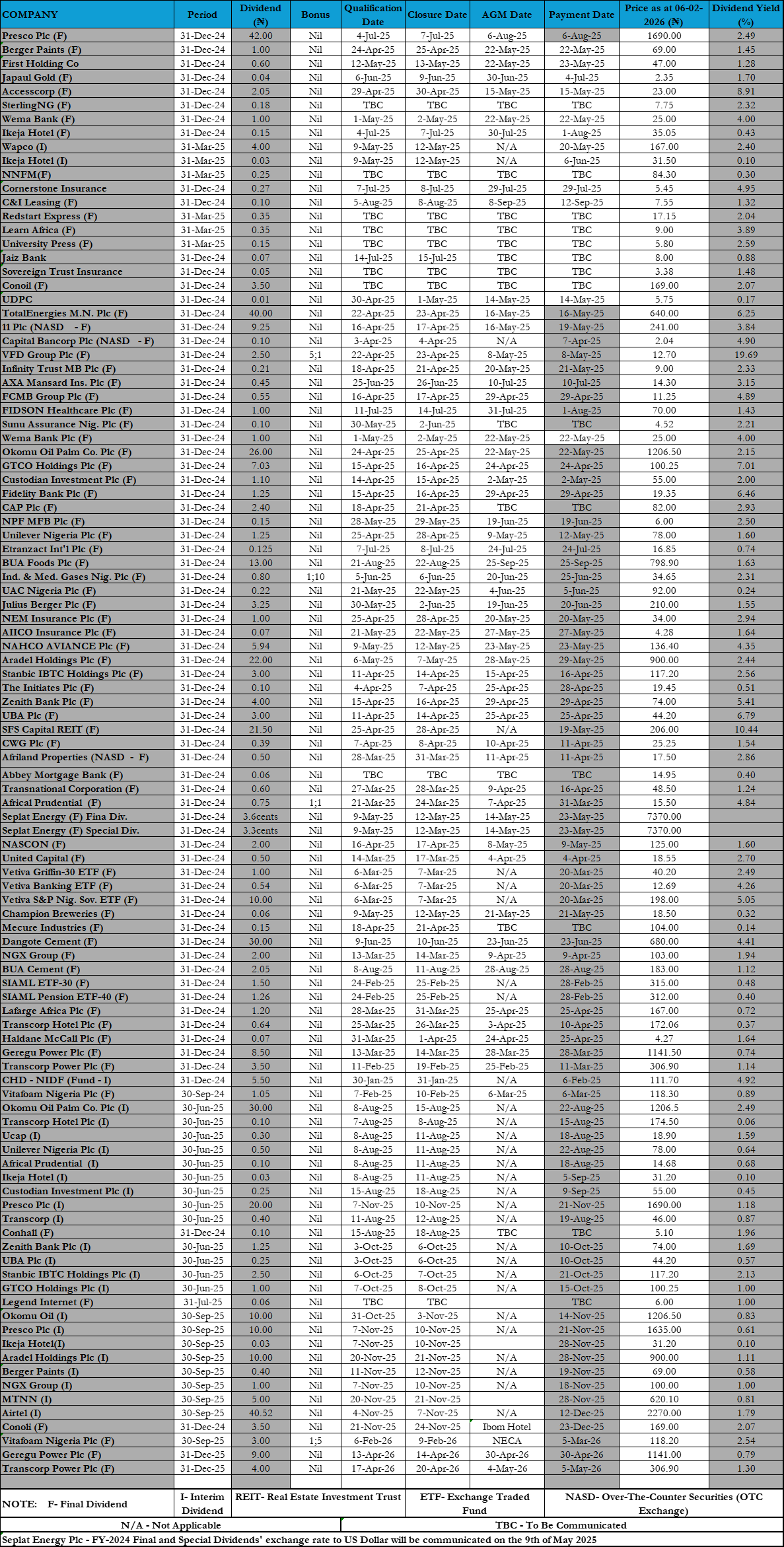
If there is one thing that worries regulators of the Nigerian capital market and indeed the economy, it is the sustained and helpless decline in the benchmark All-Share index and market capitalization of the Nigerian Stock Exchange (NSE).
Nigeria’s ASI has continued to attain lower lows, declining by 18.88% year-to-date ranking it the fifth worst performing market in the world, behind fellow West African bourse- the Nairobi Stock Exchange in Kenya which topped the list with 25.09%.
The Athens Stock Exchange in Greece followed Nairobi, shedding 24.83%, ahead of China and Dubai Financial Markets in the United Arab Emirates (UAE) with 21.33% and 20.32% negative returns YTD respectively.
In all, looking at stock market returns (in local currency) across 75 countries around the world, 2018 has turned into a red year for most equities as the average country loss is now 3.75% negative YTD.
Worse still, only just 20 countries (26.7% of total) are in the green for the year, while 55 are in the red.
Among the 20 exchanges with benchmark indices still in the green, Ukraine ranks number one, having recorded 83.46% returns on investment (in local currency); followed by Jamaica (+32.6%), Qatar (+21.2%), and Brazil (+16.59%). Abu Dhabi (UAE) and Romania are the only other countries up 10%+ on the year.
Of the G7 countries, the U.S ranks best with a minuscule gain of 1.82%. The U.S is also the only G7 country in positive territory so far this year, it was followed by Japan which ranks second best with a YTD decline of 2.58%. France is third at -6.2%; Canada, -6.85%, and the UK, -8.89%. Italy and Germany rank are at the bottom of the G7 group with double-digit declines of 12.5%.
Of the “BRICs”, Brazil ranks first with returns on investment of 16.49%, ahead of India with +4.87%. Russia is down by 3.55%; China, -21.33%, making it the third worst on the list of 75 countries, and one of just four countries that lost 20% and more.
The ongoing adjustment in the market’s perception on the interest rate outlook is a catalyst for what could be a very aggressive rebound in stocks, going into the year end. More fuel would be a positive outcome from the planned Trump/Xi meetings on the U.S./China trade relations.
With the above scenario in mind, the expected biggest rebounds in the world should be among emerging markets where MSCI composite index had suffered 27% loss from January highs. The low sovereign debt and growth outlook in the emerging markets will support rebound and drive equity prices as the end of rate normalization is near and treasury yield has started looking down.








